Glaucoma Laser Treatment
Glaucoma is a condition that requires treatment and depending on the individual and the severity of glaucoma many different treatment options are available. The two most common treatment options include eye drops and ocular surgery. You can read more about the glaucoma condition here or watch this video where Laura Crawley explains the condition.
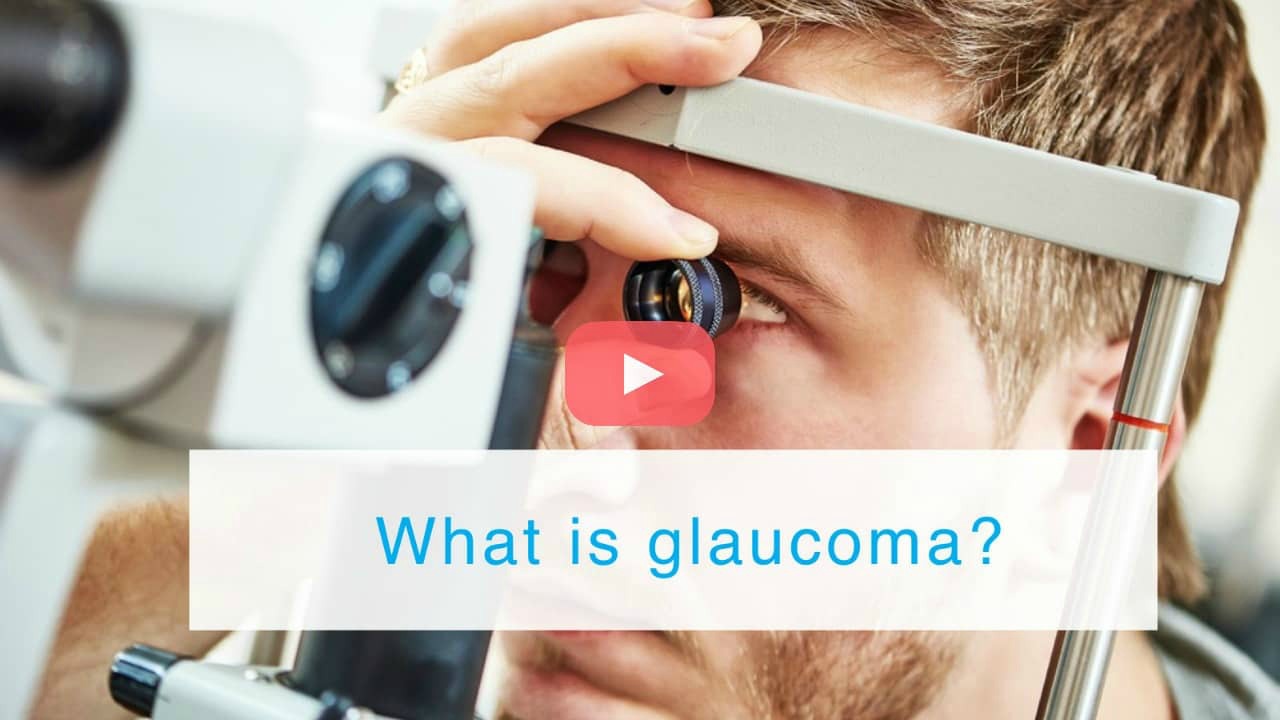

I had the best experience working with Dr Crawley. I felt looked after and she took the time to get to know me. I would highly recommend her.

From the moment I met her to the moment I left, I was treated with great courtesy and kindness, and everything was explained to me in layman’s terms so I could fully understand my condition. I was immensely impressed.

“Thank you very much for seeing me yesterday, you were marvellous and a pride to the NHS”

Dear Laura,
Just a quick note to say thanks for looking after my mum Mrs M. so wonderfully. It was so good of you to take so much time and care as she was very worried about my appointment and you really made such a difference to my experience. Thank you.

Dear Angela and Laura,
Thank you very much for seeing me yesterday. You were both marvellous and a pride to the NHS. You could, if you two wish, send this to your line manager. Thank you again!

Dear Laura,
Enjoy your holiday and thanks for everything so far.
Best Wishes
Glaucoma Treatment: Laser
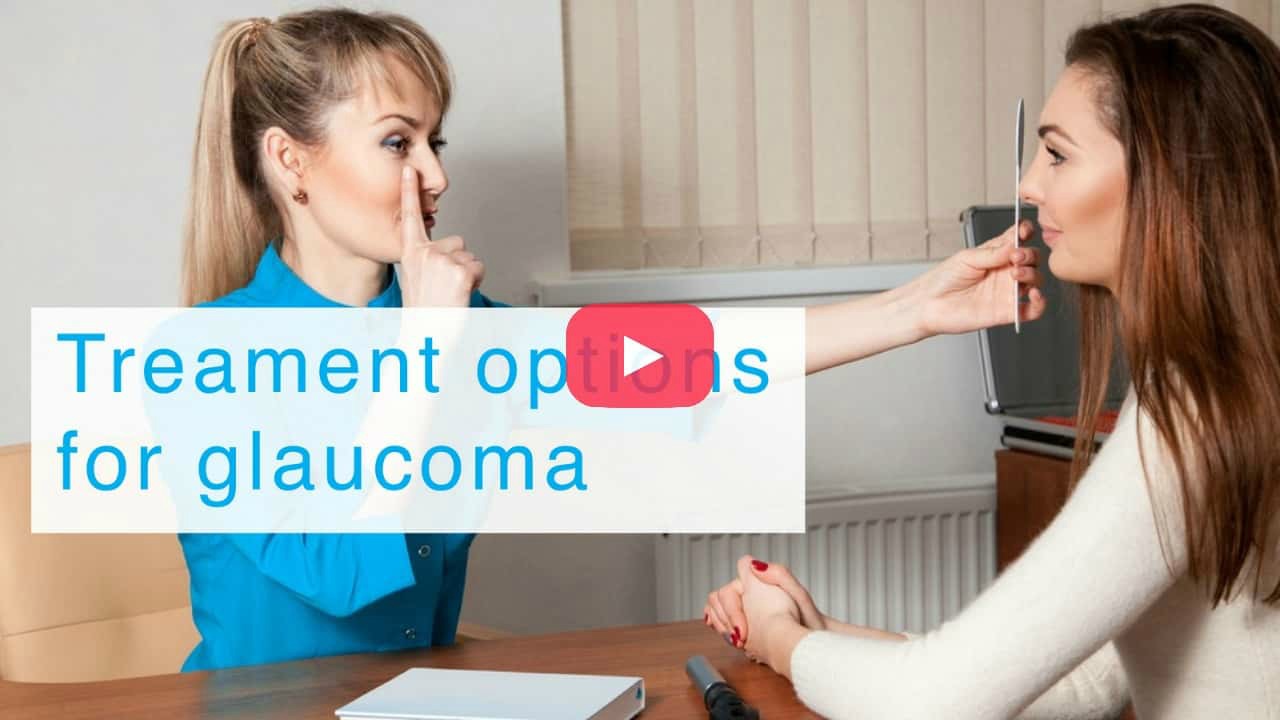
Laser treatment can be as effective as drops in lowering the IOP. It is a good alternative to drops in some patients.
Surgical treatments include trabeculectomy, glaucoma drainage devices or ‘Phaco +’ procedures. The latter is undertaken along with a glaucoma micro stent or laser treatment inside the eye. Trabeculectomy surgery is the common glaucoma operation performed worldwide. The specialist creates a new pathway for fluid to drain away from the eye using the patient’s own tissue. A glaucoma drainage device is used in complex cases. The specialist will insert a small silicone tube into the front chamber of the eye. This tube is attached to a drainage plate. This will allow the fluid to drain away via this implant.
Selective laser trabeculoplasty (SLT) can reduce the IOP by 20-30%. Just as much as an eye drop in patients who respond well to the treatment. This can mean that laser alone will be enough to control the IOP without the need for daily drops for 3-5 years. SLT is painless and can be done in the clinic. The laser modifies the normal physiological drainage pathway within the eyeball. Furthermore, it encourages it to drain the aqueous fluid in a more effective way. It does not damage the eye. The treatment is a safe and well-tolerated. This treatment is especially suitable for patients who cannot put drops in.
This treatment is also used for those who cannot tolerate some of the side effects of glaucoma drops.
After Glaucoma Treatment
Regular lifelong follow-up is crucial in monitoring glaucoma and the effect of treatment. You will not be aware if your glaucoma is getting worse until the disease is in its end stage. This will limit the treatment options. Eye pressure checks, optic disc scans and visual field tests are the gold standard follow-up tests for all glaucoma patients.
Accreditations and Memberships
Related articles
How to treat glaucoma
There are multiple options when looking to treat glaucoma. The treatment will depend on the severity of the condition.
High eye pressure and medications
Don’t suffer in silence. If you have symptoms of high eye pressure, please read this article and ask your glaucoma specialist about it.
Retinal surgery high eye pressure
Retinal surgery can be a highly complex operation, and the skills of the highly experienced retinal surgeon are required high pressure that happens after retinal surgery will be persistent will advise you on the best-personalised treatment plan



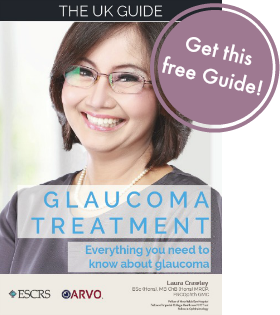











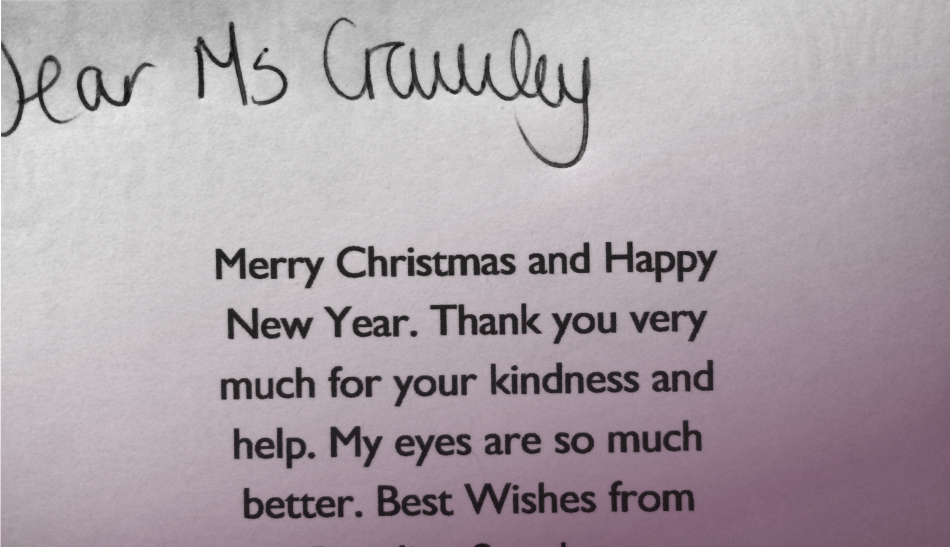
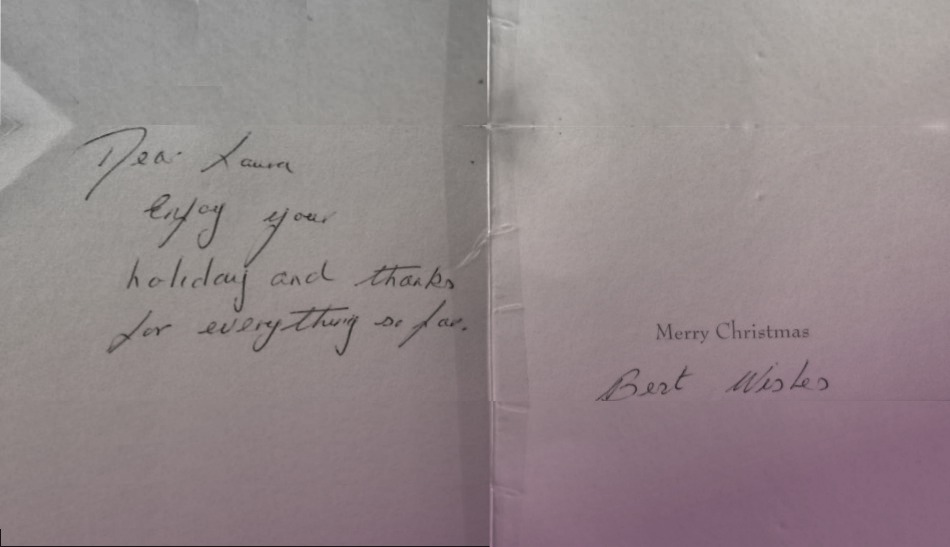
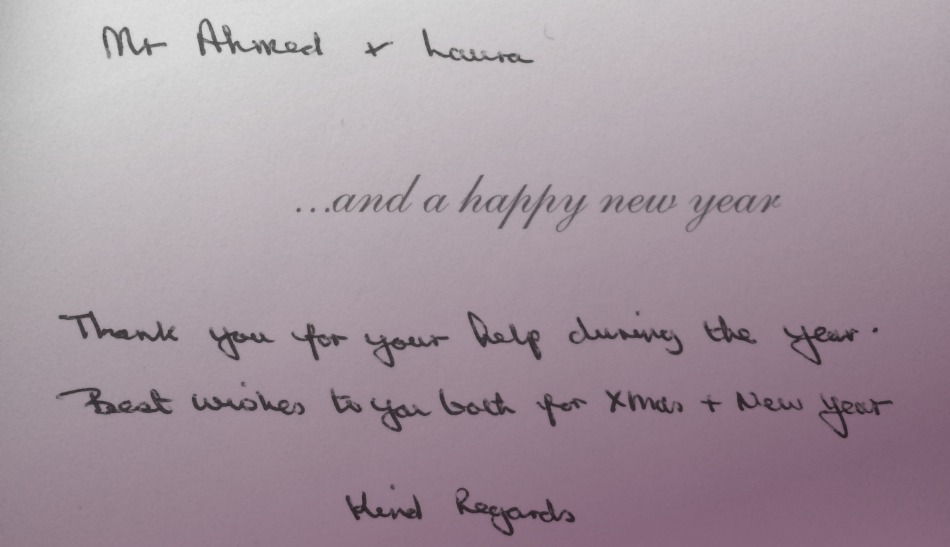
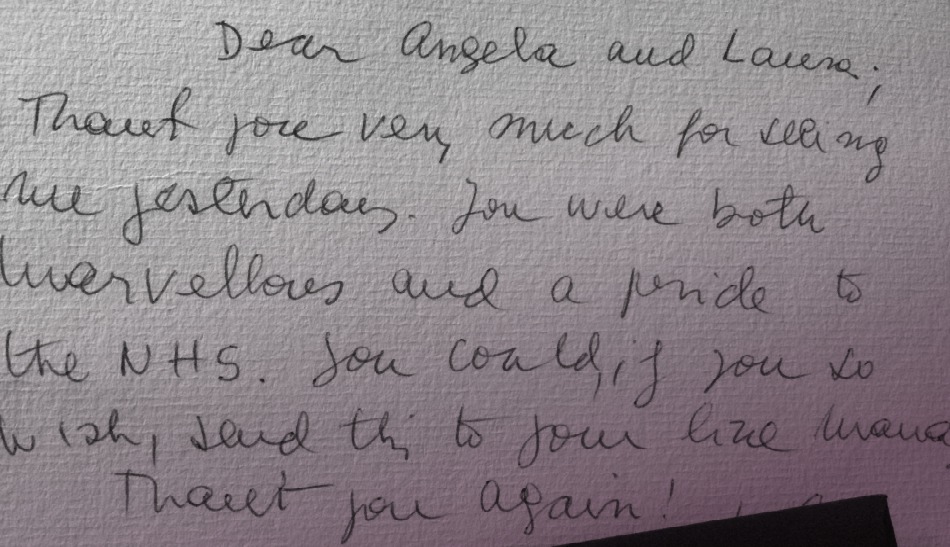
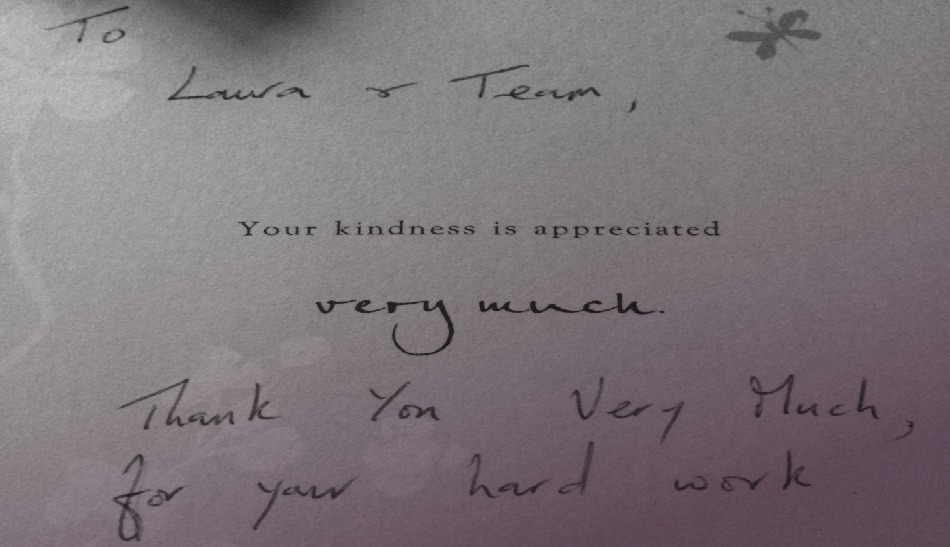
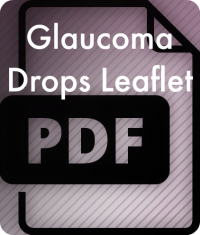
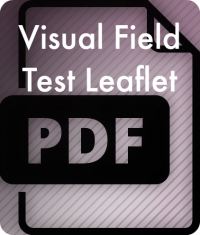


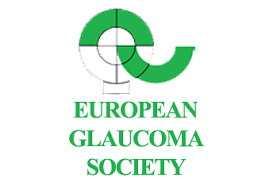

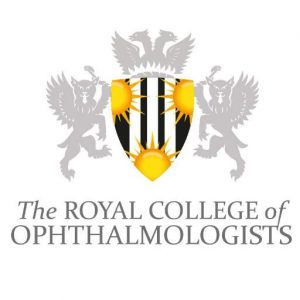

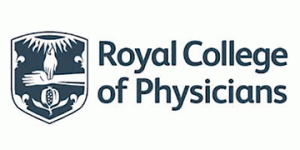


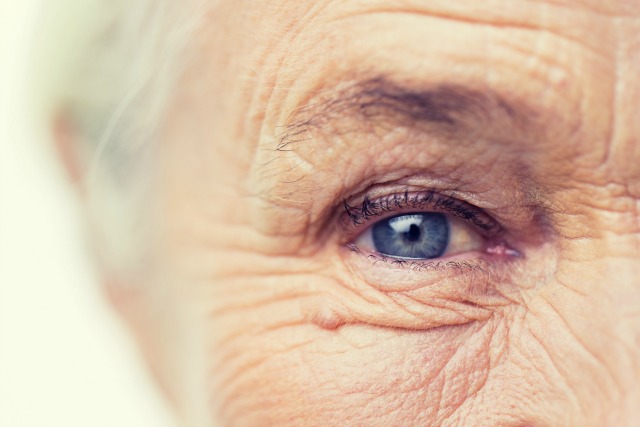

Find us on social media